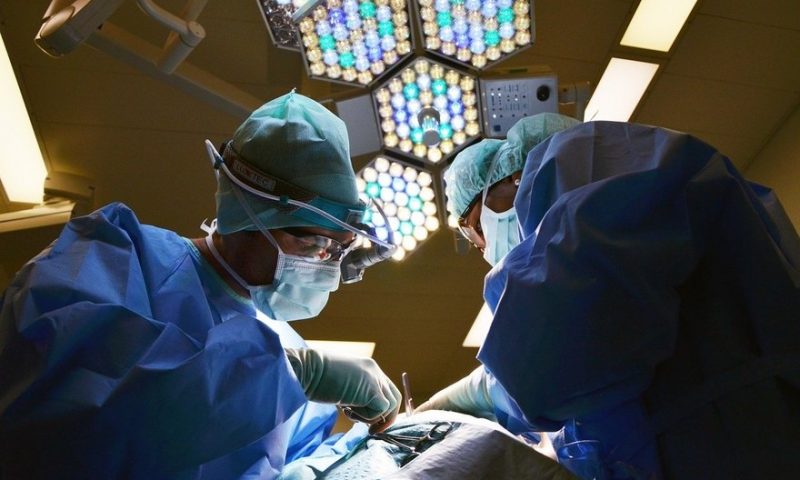If microsurgical anastomosis sounds complicated, that’s because it is. It may soon get quite a bit easier, though, now that an early-stage startup has hit a major milestone on its path to commercializing a device that automates the finicky process of surgically connecting tiny blood and lymphatic vessels.
Lydus Medical, one of the portfolio companies under Philips and Teva Pharmaceuticals’ joint venture Sanara Ventures, has closed a seed funding round totaling $2.7 million.
The financing was led by an unnamed “leading U.S.-based strategic player,” according to the company. Other backers included Sanara Ventures itself, Mor Research Applications, Glenrock and Technion, the Israel Institute of Technology.
Lydus will use the funds to advance development of its suite of automated surgical tools and prepare them for commercialization while continuing to pursue FDA clearance for its core anastomosis technology.
The Israel-based company’s handheld Vesseal device can be used to connect blood and lymph vessels ranging in size from four millimeters to just half a millimeter. The device automatically sews together vessels with precise symmetry, leaving behind only sutures and preventing the need for surgeons to manually connect the tiny vessels with a needle and thread.
This type of microsurgery is necessary in many complex operations, including breast reconstruction, peripheral bypass surgeries, creation of vascular access for hemodialysis and more. The procedure is used in an estimated 7 million surgeries per year, Sanara Ventures CEO Assaf Barnea said in a release.
“Anastomosis is one of the most complicated steps of surgery and the key to success of many procedures, and it is still performed manually, making it time and labor-intense, requiring high surgeon dexterity and a very unique skill set very few surgeons worldwide possess. This reality often results in poor clinical outcomes,” Lydus CEO Jessica Weiss said.
Despite major advances in robotic and automated surgeries in recent decades, automation in microsurgery—and especially in highly technical anastomosis procedures—is still not widespread. Italian company Medical Microinstruments, for one, has received about $25 million for its “wristed” devices to stabilize surgeons’ hands during microsurgeries.
And earlier this year, Israel-based ForSight Robotics raised $10 million to bring computer vision and machine learning algorithms to vision-correcting microsurgeries, in hopes of making those extremely precise operations available to more people around the world.

